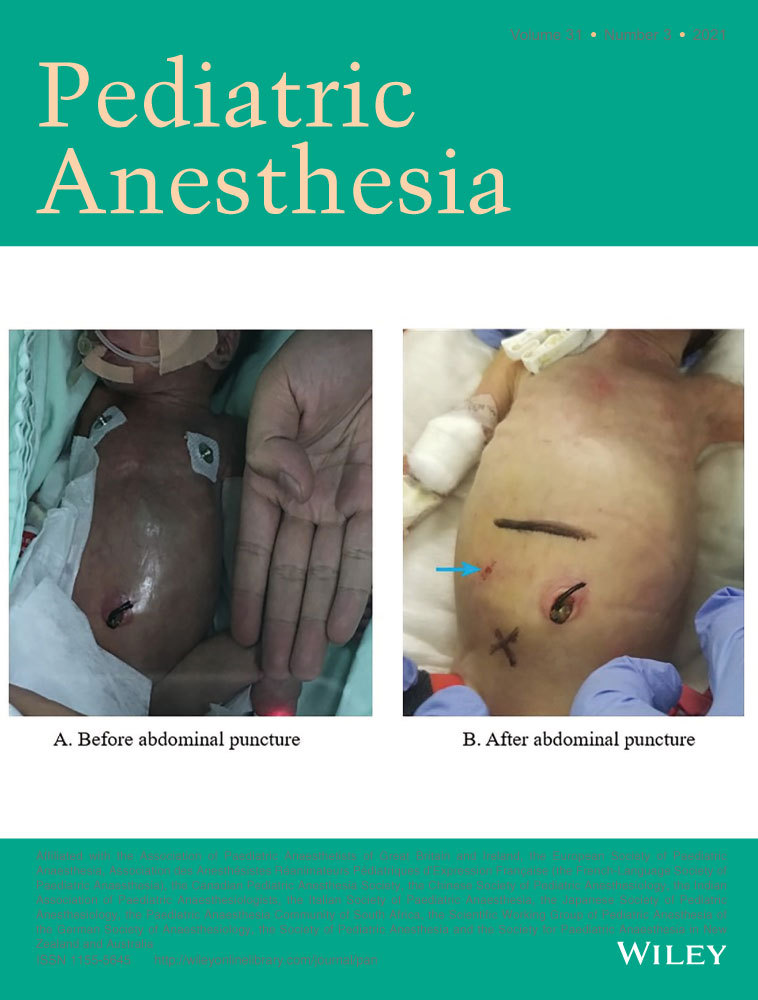Hypotension and adverse neurodevelopmental outcomes among children with multiple exposures to general anesthesia: Subanalysis of the Mayo Anesthesia Safety in Kids (MASK) Study
Funding information
Eunice Kennedy Shriver National Institute of Child Health and Human Development of the National Institutes of Health (R01 HD071907); National Institute on Aging of the National Institutes of Health (R01 AG034676)
Abstract
Background
The potential adverse effects of exposures to general anesthesia on the developing human brain remain controversial. It has been hypothesized that hypotension accompanying anesthesia could be contributory. We hypothesized that among children exposed to multiple anesthetics prior to age 3, children developing adverse neurodevelopmental outcomes would be more likely to have intraoperative hypotension.
Methods
Two previously published study cohorts were utilized for analysis: the retrospective and prospective Mayo Anesthesia Safety in Kids cohorts. The two lowest consecutive systolic blood pressure measurements were abstracted and standardized by calculating a z-score for noninvasive blood pressure reference ranges for children. The lowest systolic blood pressure z-score (continuous variable) and intraoperative hypotension (lowest systolic blood pressure z-score <−1.0) were used to assess the association of intraoperative hypotension with the incidence of learning disabilities or attention-deficit/hyperactivity disorder(retrospective cohort) and factor scores/cluster membership (prospective cohort).
Results
One hunderd and sixteen and 206 children with multiple exposures to general anesthesia were analyzed in the retrospective and prospective cohorts with mean lowest systolic blood pressure z-scores −0.26 (SD 1.02) and −0.62 (SD 1.10), respectively. There was no overall association of the lowest z-score or hypotension with learning disabilities or attention-deficit/hyperactivity disorder in the retrospective cohort. In the prospective cohort, there was no overall association of the lowest systolic blood pressure or hypotension with factor scores or cluster membership.
Conclusions
We did not find evidence to support the hypothesis that, among children exposed to multiple anesthetics prior to age 3, children developing adverse neurodevelopmental outcomes would be more likely to have intraoperative hypotension compared with those who did not.
Open Research
DATA AVAILABILITY STATEMENT
The data that support the findings of this study are available from the corresponding author upon reasonable request.




